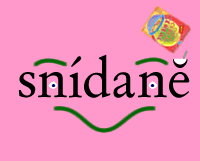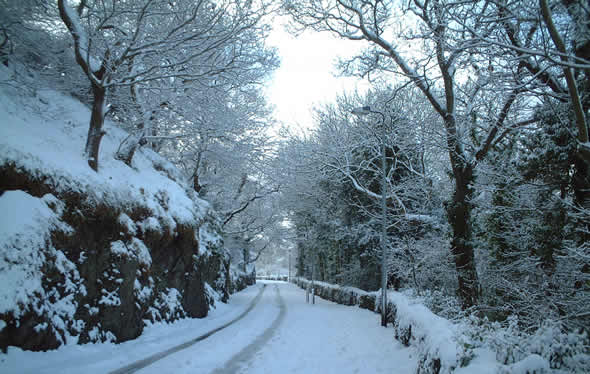When learning a language one challenge is to memorise the vocabulary, and to be able to use it when you need it. I’ve tried a number methods to do this: repetition, flash cards, SRS, associations and so on. A method for learning individual words that works quite well for me involves making associations between the sounds of the new words and familiar words, especially if I build mental pictures to illustrate the words and their meanings. For example, a Welsh word for field is maes, which sounds like mice, so I picture a field full of mice.
Another way to remember things that I came across the other day involves giving inanimate objects character and life. The example I found discusses using this method to remember where your keys are:
[…] imbue your keys with character and life: this is my preferred gambit. Think of your keys as a living, breathing creature, and you’ll automatically know where they are.
Our brains like living things, it seems, they have more time for them.
Specifically, I deliberately experience my keys as a needy brood of motherless koala-bears on a hoop. When I drop them somewhere, my mind quickly wonders if they’re warm and comfortable, away from predators, in need of some amusing noises from their owner.
The location they’re in thus immediately gains my interest and attention, so I remember it automatically.
After reading this I started wondering whether you could do the same for words – endowing words for inanimate objects and abstract concepts with life and character might make them more memorable. You could also give masculine or feminine characteristics to nouns as appropriate. For verbs maybe you could picture conjugations as accessories – hats, scarves, gloves, bags, etc.

I haven’t actually tried this yet, but will give it a go and let you know if it helps.
The image on the right is a possible way to remember the Czech word for breakfast (snídanĕ) with the breve over the e filled with breakfast cereal and milk.
Have you tried this memory trick, or similar ones?

